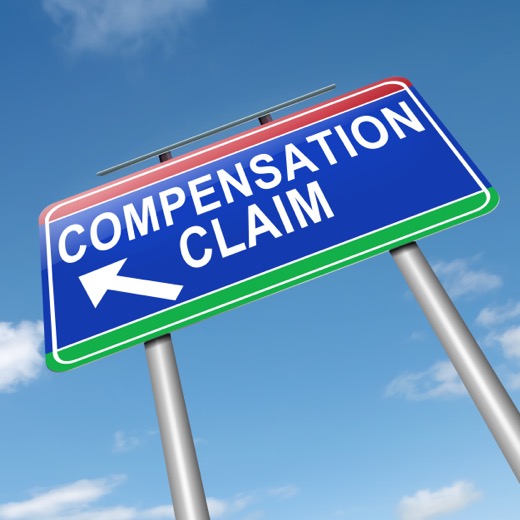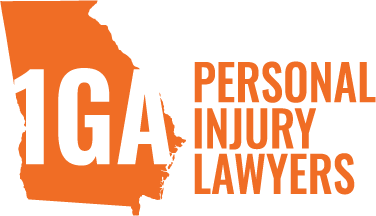A recorded statement is when an insurance adjuster asks you questions about the details of your accident and records your answers. They use the recording to get what happened from your perspective. Below, a Buford car accident lawyer explains what you need to know about this process and why it’s a bad idea to give a statement without representation.
When the Insurance Company Requests a Statement
Giving a recorded statement after a car accident can feel stressful, but try to maintain your calm. Insurance companies typically want your statement to better understand what happened and process your claim. However, there are a few things to keep in mind.
You’re often within your rights to delay a couple of days. This allows you to collect yourself and get the details straight. If you provide an immediate statement, stick to the facts about the events leading up to and including the accident. Keep emotions out of it.
What Could Go Wrong with Providing a Recorded Statement?
A recorded statement to an insurance adjuster after an accident can come back to haunt you. It’s easy to misstate details or use casual language that can be misinterpreted when speaking off the cuff. A written statement allows you to carefully review each word to ensure the facts are precise before submitting.
Anything you say in a recorded statement can potentially be used against you in court if a lawsuit arises from the accident. While insurance adjusters claim a recorded statement is just part of their fact-finding process, it’s best to avoid committing yourself to a particular story until speaking with your legal counsel.
What to Do Before Agreeing to Give a Statement
Consult with a Buford personal injury attorney. They can advise you on your rights and determine if giving a statement is in your best interest. Insurance companies are primarily concerned with limiting how much they pay out, not necessarily with being fair to you.
Next, review the details of the accident and get your story straight. Go over the sequence of events, timing, location, and anything else relevant. Provide only factual information without speculation. Keep your answers concise while still being thorough.
What to Say (And Not Say) During Your Recorded Statement
Stick to the facts. Briefly describe the events of the accident in a straightforward manner, without speculation. Say something like: “The other vehicle ran a red light and hit my car as I turned left.” Keep your answers concise and avoid exaggerating what happened.
- Don’t say, “I’m sorry.” Apologizing could imply you were at fault. Instead, say, “I regret that this accident occurred.” This expresses sympathy without admission of guilt.
- Don’t discuss injuries. Until you’ve seen a doctor, don’t mention any injuries. Say: “I’d prefer not to discuss any injuries at this time.” You can provide that information to your insurance company later.
- Don’t agree to a settlement. The adjuster may offer you a quick payout to settle the claim. Politely decline, saying: “I’m not in a position to accept a settlement offer at this point.” You need time to determine the full extent of damages before settling.
- Ask for contact details. Request the adjuster’s name, phone number, and claim number if you have follow-up questions or need to provide additional details later on. Say: “Can I please have your contact information for my records?”
Reach Out to an Experienced Buford Car Accident Lawyer
After a serious car accident, you’ll likely be dealing with insurance companies, medical bills, and time off work to recover. Going through this process alone can be overwhelming and emotionally taxing. That’s why it’s critical to have an experienced car accident lawyer on your side.
With over 20 years of experience, the car accident attorneys at 1Georgia Injury Lawyers have the knowledge and skills to get you results. Call today for your free consultation.









